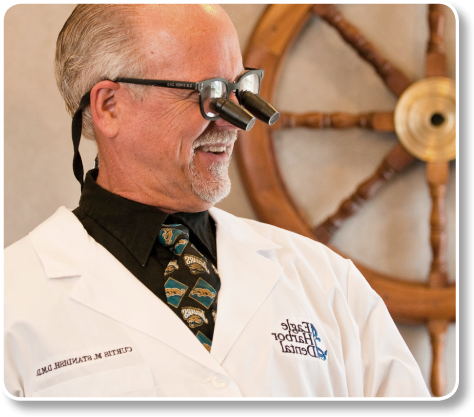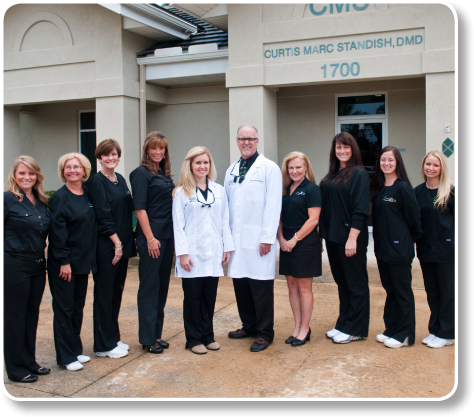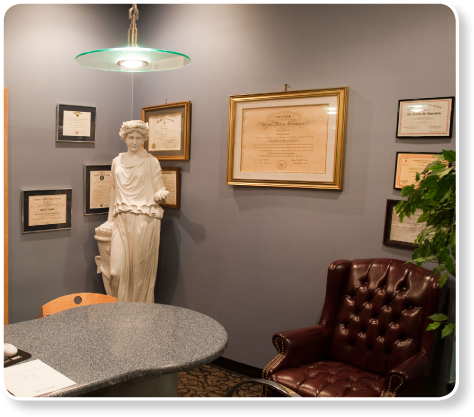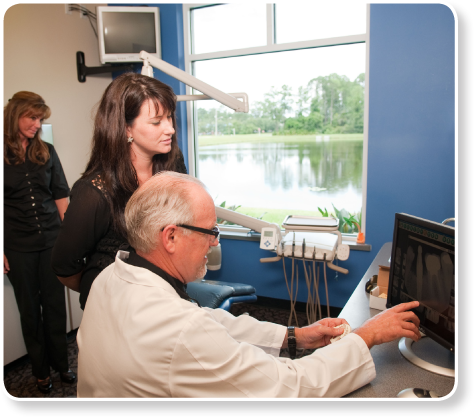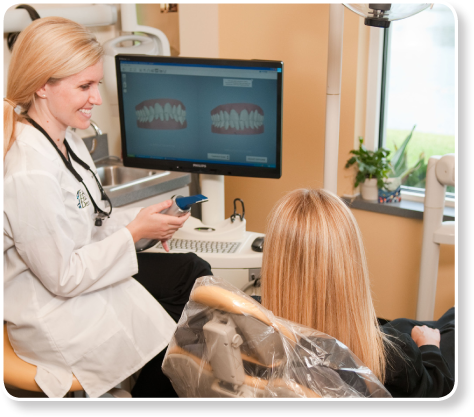How Aging Affects Your Oral Health

Aging brings wisdom, experience—and, sometimes, a few challenges when it comes to oral health. Just like the rest of the body, your mouth undergoes natural changes over time. But with proper care and regular dental visits, many of the oral health issues associated with aging can be prevented or managed effectively.
Increased Risk of Gum Disease
As we age, our immune system becomes less efficient, making it harder to fight off infections—including gum disease (periodontitis). Receding gums, dry mouth, and plaque buildup can all contribute to inflamed, bleeding, or tender gums. If left untreated, gum disease can lead to tooth loss and has even been linked to heart disease and diabetes.
tip
What to do: Maintain a consistent oral hygiene routine with daily brushing and flossing, and visit your dentist for regular cleanings and periodontal screenings.
Dry Mouth (Xerostomia)
Reduced saliva production is a common issue among older adults, often due to medications or underlying health conditions. Saliva plays a crucial role in neutralizing acids, washing away food particles, and preventing decay. Without it, you’re more prone to cavities, gum disease, and bad breath.
tip
What to do: Stay hydrated, avoid alcohol and tobacco, and talk to your dentist about products that help stimulate saliva or protect against dryness.
Tooth Wear and Sensitivity
Years of chewing, grinding, or exposure to acidic foods and beverages can wear down tooth enamel, leading to increased sensitivity. This can make eating hot, cold, or sweet foods uncomfortable and can increase the risk of decay.
tip
What to do: Use a soft-bristled toothbrush and fluoride toothpaste for sensitive teeth. If you grind your teeth, especially at night, your dentist may recommend a nightguard.
Changes in the Appearance of Your Smile
With age, teeth may naturally yellow or darken due to thinning enamel or long-term exposure to staining agents like coffee and tea. Gums may also recede, making teeth appear longer.
tip
What to do: Ask your dentist about safe whitening options or cosmetic solutions like veneers. Regular cleanings can also help remove surface stains and keep your smile bright.
Oral Cancer Risks Increase
Oral cancer risk increases with age, especially in individuals over 55. Regular dental checkups often include an oral cancer screening, which can help catch early warning signs like sores, lumps, or color changes in the mouth.
tip
What to do: Don’t skip dental visits, especially if you notice persistent mouth sores or discomfort. Avoid tobacco and limit alcohol, both of which are significant risk factors.
Managing Existing Dental Work
Fillings, crowns, bridges, and dentures may wear out or need adjustment over time. Loose or damaged restorations can lead to discomfort, difficulty chewing, or even infection.
tip
What to do: Keep your dental office informed about any discomfort or changes in how your dental appliances fit or feel. Regular exams ensure early detection and repair.

Take Charge of Your Oral Health at Every Age
Getting older doesn’t mean losing your healthy smile. With attentive care and regular visits to your dentist, you can enjoy strong teeth and healthy gums well into your golden years. If you’re noticing changes in your oral health or want to ensure your current routine is meeting your needs, we’re here to help—contact our office to schedule your next appointment.
Take Charge of Your Oral Health—At Every Age.
Schedule a checkup or consultation with our experienced dental team today.
For informational purposes only.




